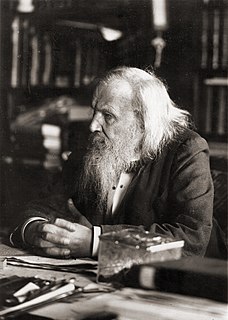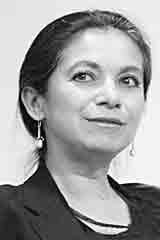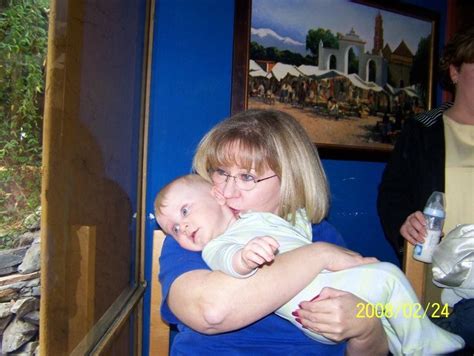A Quote by Hendrik Willem Van Loon
Nature is rarely allowed to enter the sacred portals of civilized society.
Related Quotes
A dreaded society is not a civilized society. The most progressive and powerful society in the civilized sense, is a society which has recognized its ethos, and come to terms with the past and the present, with religion and science. With modernism and mysticism, with materialism and spirituality; a society free of tension, a society rich in culture. Such a society cannot come with hocus-pocus formulas and with fraud. It has to flow from the depth of a divine search.
There is as yet no civilized society, but only a society in the process of becoming civilized. There is as yet no civilized nation, but only nations in the process of becoming civilized. From this standpoint, we can now speak of a collective task of humankind. The task of humanity is to build a genuine civilization.
There were epochs in the history of humanity in which the writer was a sacred person. He wrote the sacred books, universal books, the codes, the epic, the oracles. Sentences inscribed on the walls of the crypts; examples in the portals of the temples. But in those times the writer was not an individual alone; he was the people.
If suicide is allowed then everything is allowed. If anything is not allowed then suicide is not allowed. This throws a light on the nature of ethics, for suicide is, so to speak, the elementary sin. And when one investigates it it is like investigating mercury vapour in order to comprehend the nature of vapours.
There is a theology to gardening that few of us consider, but to understand this theology means relinquishing much control - our arsenal of books, techniques, tools, chemicals, fertilizers, fancy hybrids, and expectations. Yet, that is exactly what we must do if we are to fully embrace a more spiritual form of gardening. As a part of Nature we must learn to enter our garden as if it were truly sacred, we must learn to enter with humility.

































